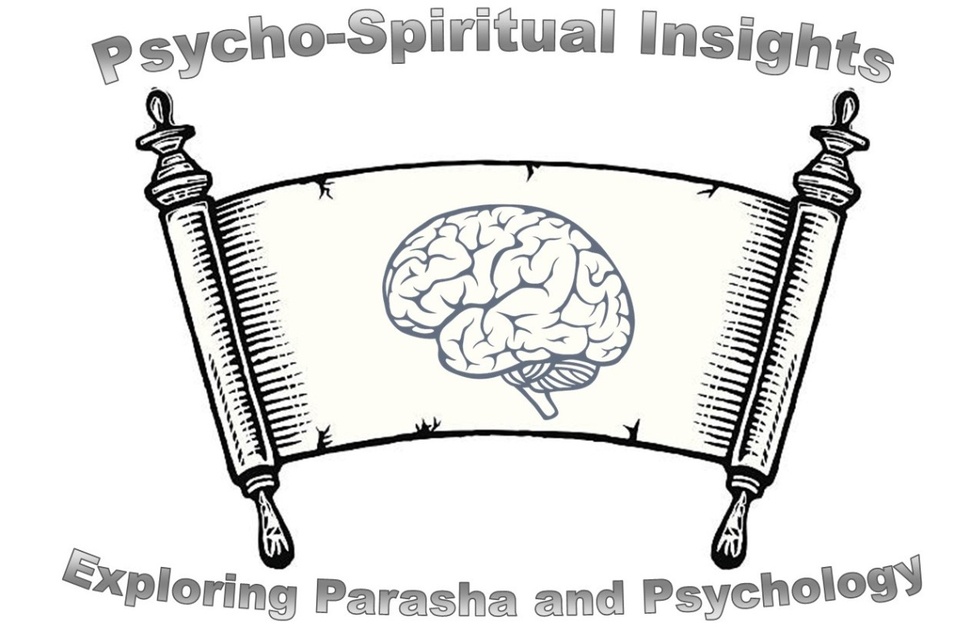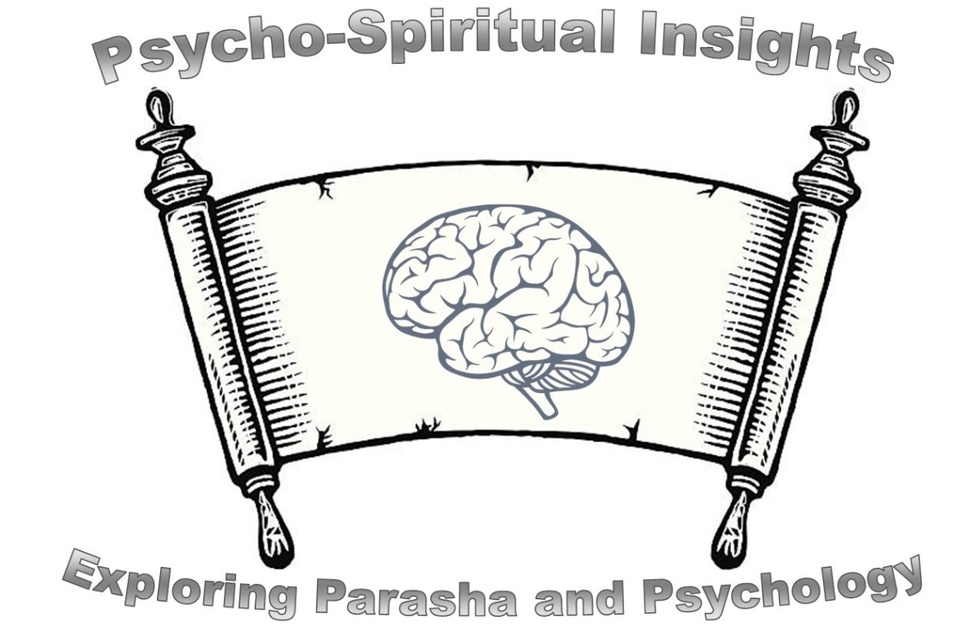
Parshat Vayigash, nestled in the heart of Yosef’s story, is a powerful account of familial strife, emotional cutoff, and ultimately, the profound journey towards reconciliation. This story not only provides a glimpse into the complexities of human relationships but also offers profound insights into the corrosiveness of emotional cutoff and the transformative power of reconciliation. Parshat Vayigash opens with the words “Vayigash eilav Yehuda” — “And Yehuda drew near him.” Yehuda steps forward to intercede on behalf of Binyamin with an impassioned plea reflecting the emotional intensity of the familial ties that had been strained and severed over the years.
Emotional cutoff, a concept in Family Systems Theory, refers to the distancing or detachment that individuals sometimes employ as a coping mechanism when faced with unresolved emotional issues within their families. In the case of Yosef and his brothers, the initial sale into slavery served as a traumatic rupture that led to emotional cutoff. Murray Bowen, the founder of Family Systems Theory explained, "Emotional cutoffs hinder the development of emotional intelligence, preventing individuals from fully engaging in meaningful relationships." The brothers, haunted by guilt, chose to distance themselves emotionally, creating a wound that festered over time.
The Parsaha introduces a profound turning point. The cutoff that had persisted for years is confronted, and the brothers are forced to grapple with the weight of their past actions. Vayigash means to draw near. The Torah is teaching us that to move in the direction of reconciliation is literally to move toward one another. Even if we are unable to fully meet, to fully fix what’s broken, we can begin to make a difference by stepping forward. In the dance of relationships, reconciliation is the graceful step that allows the music of understanding to play on.
Ramban asks why Yehuda felt the need to repeat the entire story to Yosef, explaining that his frequent use of words such as “my lord” and “your servant” suggest that not only is he speaking to Yosef, but more so he’s figuratively speaking directly to Hashem, pouring out his heart and his entire life’s narrative. Yehuda steps forward as an act of teshuvah standing up for his youngest brother and moving towards reconciliation for his past. With Yehuda taking a step forward, Yosef is moved to take the next step. Reconciliation involves a willingness to confront the pain of the past, to let go of resentment, and to rebuild connections that were once severed.
As Yosef and his brothers embrace and weep together, the Torah teaches us that reconciliation requires vulnerability and a willingness to confront pain that led to the cutoff in the first place. The art of reconciliation is a testament to the strength of the human spirit, capable of turning wounds into wisdom and discord into harmony.
Here are three tips for reconciliation:
- Step Forward with Vulnerability
Like Yehuda approaching Yosef, reconciliation begins with the courage to step forward, even when the outcome is uncertain. Open your heart, acknowledge the pain, and express your desire to repair the relationship. Vulnerability can create space for understanding and healing. - Listen with Compassion
Genuine reconciliation requires deep, compassionate listening. Allow the other person to share their perspective without interruption or judgment. Remember that listening does not mean waiting to speak. Both Yehuda and Yosef listened to each other closely. This act of empathy helps rebuild trust and shows a willingness to honor their feelings. - Commit to Ongoing Effort
Reconciliation is not a one-time act but a journey. Commit to nurturing the renewed connection by addressing unresolved issues, fostering open communication, and demonstrating accountability. Not only did Yehuda show his commitment ongoing by protecting Binyamin, but also through the tribes ongoing leadership throughout history. Small, consistent steps can lead to lasting harmony.
In our own lives, the lessons from Parshat Vayigash remind us of the importance of addressing emotional cutoffs within our families and communities. The path to reconciliation is a challenging journey worth taking. By acknowledging the pain, fostering understanding, and extending forgiveness, we have the potential to mend the broken bonds that hinder our well-being. May we find inspiration to embark on our own journeys of reconciliation, bridging the gaps that keep us apart and foster connections that bring healing and wholeness to our lives.
Elan Javanfard, M.A., L.M.F.T. is a Consulting Psychotherapist focused on behavioral health redesign, a Professor of Psychology at Pepperdine University, & a lecturer related to Mindfulness, Evidence Based Practices, and Suicide Prevention. Elan is the author of Psycho-Spiritual Insights: Exploring Parasha & Psychology, weekly blog. He lives in Los Angeles Pico Robertson community with his wife and three children and can be reached at Elan.Javanfard@gmail.com.
 Previous
Previous

